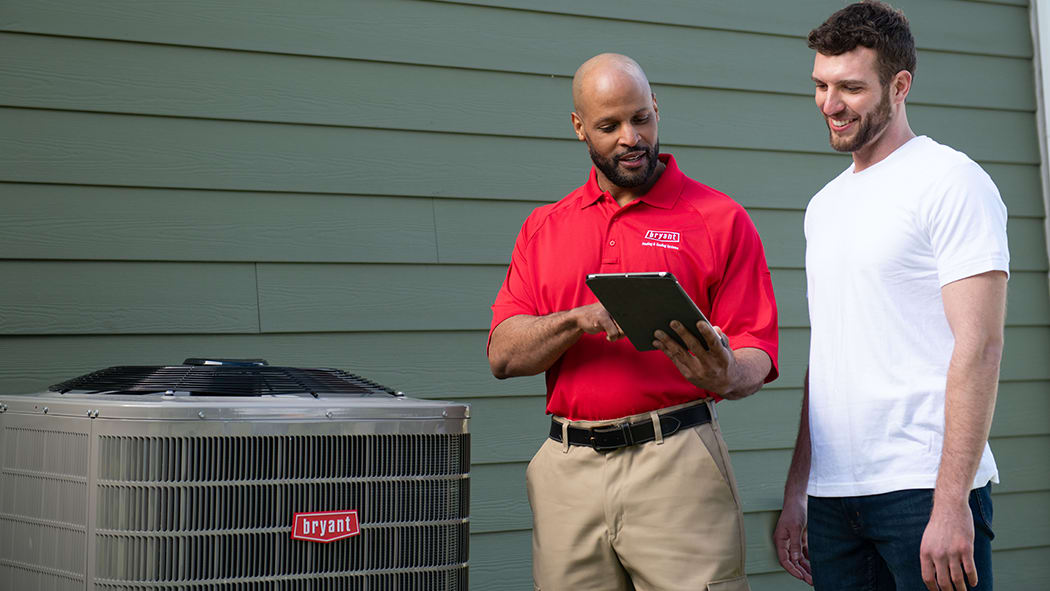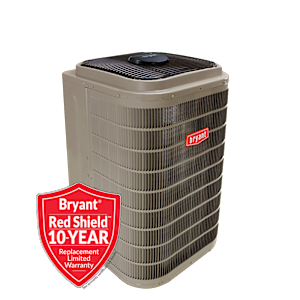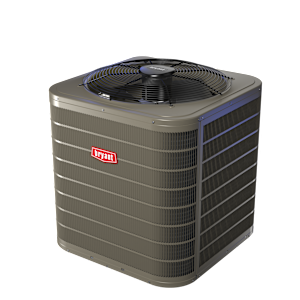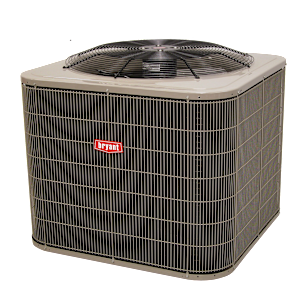Heat Pump Replacement: Your Comprehensive Guide
Heat pump replacement is the process of upgrading an aging or inefficient HVAC system to a modern, high-performance unit. This investment not only restores reliable heating and cooling but also significantly reduces energy consumption and utility costs through advanced technology.
For homeowners seeking long-term comfort and efficiency, replacing a heat pump is one of the most impactful home improvements you can make. This guide covers everything you need to know about timing your replacement, understanding costs, and selecting the right system for your needs. heat pump cost,
When Should You Replace a Heat Pump?
1. Age and Declining Efficiency
2. Rising Heating and Cooling Bills
3. Frequent Repairs and Unusual Noises
How Much Does a Heat Pump Replacement Cost?
Factors Influencing Price
- Efficiency Ratings (SEER2 & HSPF2): Higher efficiency units generally cost more upfront but deliver greater long-term savings on electricity bills. “The higher the number, the less electricity consumption that the units use, which translates to lower electricity bills,” Lea explains.
- Home Size & Ductwork: Larger homes require larger capacity units. Existing ductwork issues may also need to be addressed during installation.
- Incentives: Financial incentives can significantly offset the initial heat pump cost. Always ask your dealer about utility rebates, and flexible financing options.
How Do I Choose the Best Heat Pump for My Home?
- Air-Source Heat Pumps: The most common type, air source heat pumps extract heat from the outside air. Modern cold climate heat pumps can operate effectively even in very low temperatures.
- Ductless Mini-Split Heat Pumps: Ideal for homes without ductwork or for zoning individual rooms, ductless mini split heat pumps offer efficient heating and cooling for specific spaces.
- Geothermal Heat Pumps: Geothermal heat pumps use the stable temperature of the ground to provide highly efficient heating and cooling, offering significant environmental and cost-saving benefits.

Why is Professional Heat Pump Installation Important?
Begin Your Heat Pump Replacement Journey
Discover Bryant Heat Pumps
Choose a Bryant heat pump for reliable, energy-efficient heating and cooling all year round. Known for their durability and advanced technology, Bryant heat pumps offer superior comfort while lowering energy costs. With quiet operation and smart features like variable-speed motors, Bryant heat pump systems ensure optimal temperature control. Backed by industry-leading warranties and professional installation from your local Bryant dealer, a Bryant heat pump is a long-term investment in comfort, efficiency, and peace of mind for your home.
FAQs on Heat Pump Replacement
- Discover what is a heat pump
- Discover the differences between a heat pump vs furnace
- Understand what is an electric heat pump
- Discover what is auxiliary heat
- Read up on dual fuel heat pumps
- How do I know if I have a heat pump?





